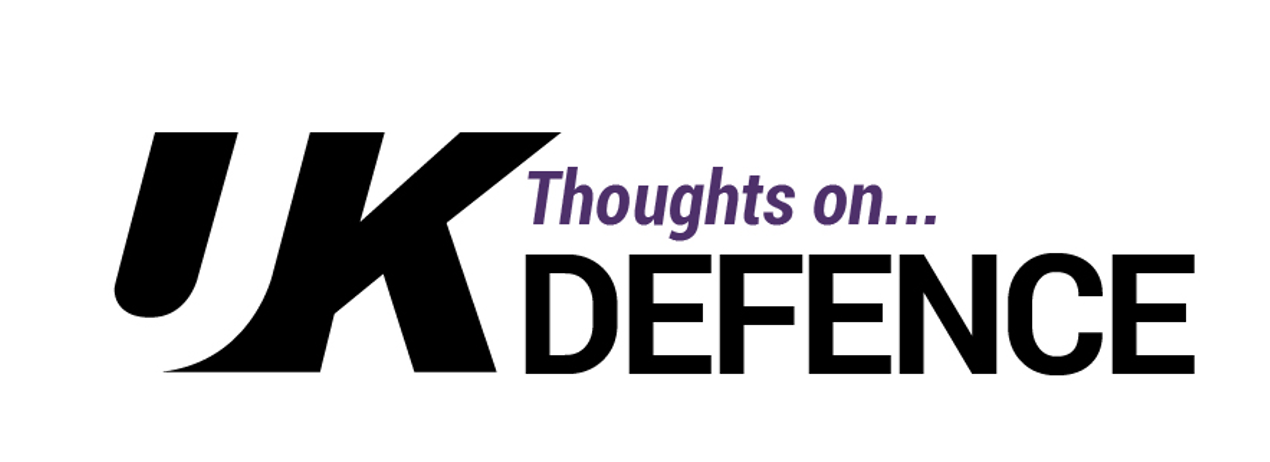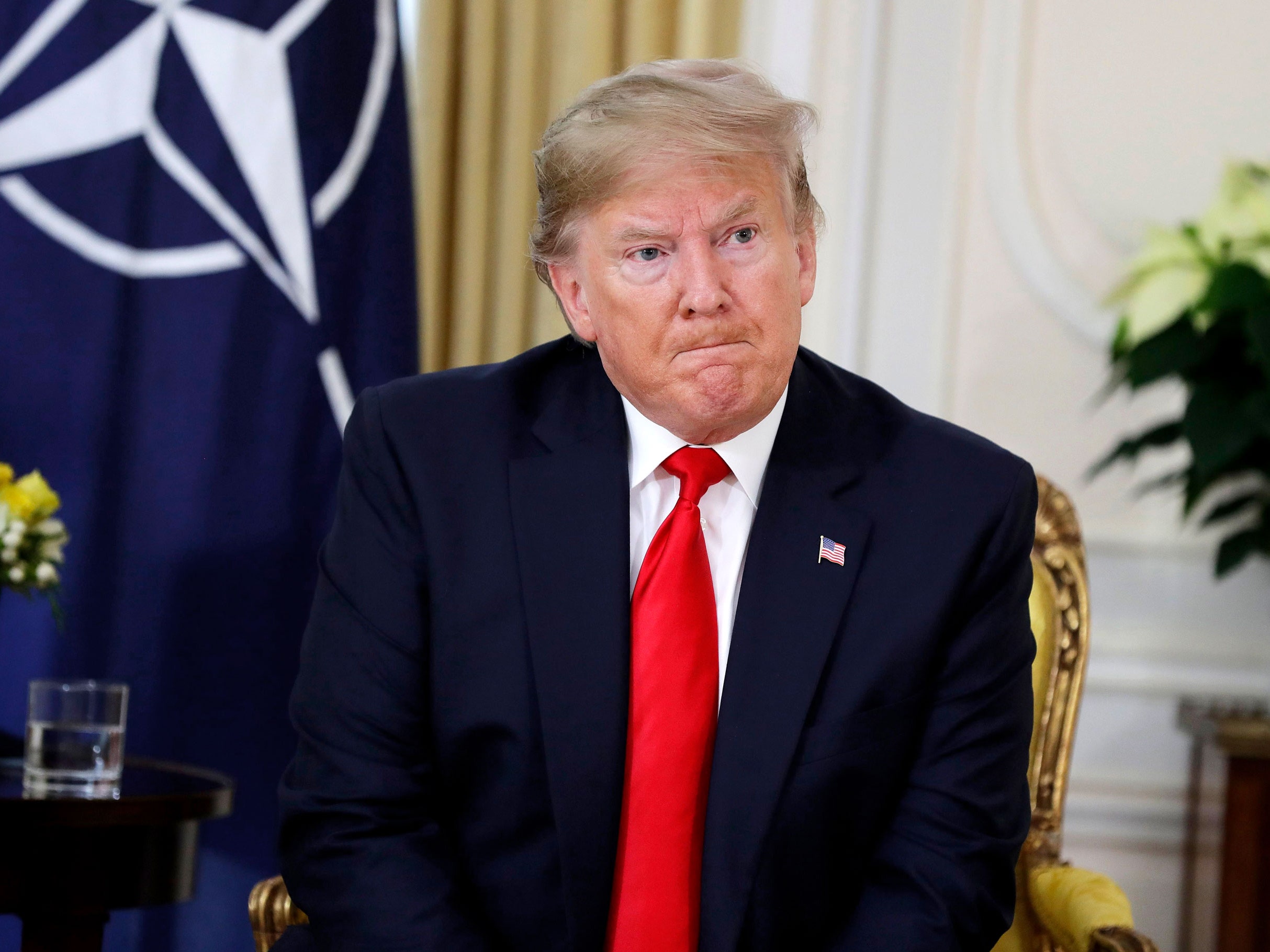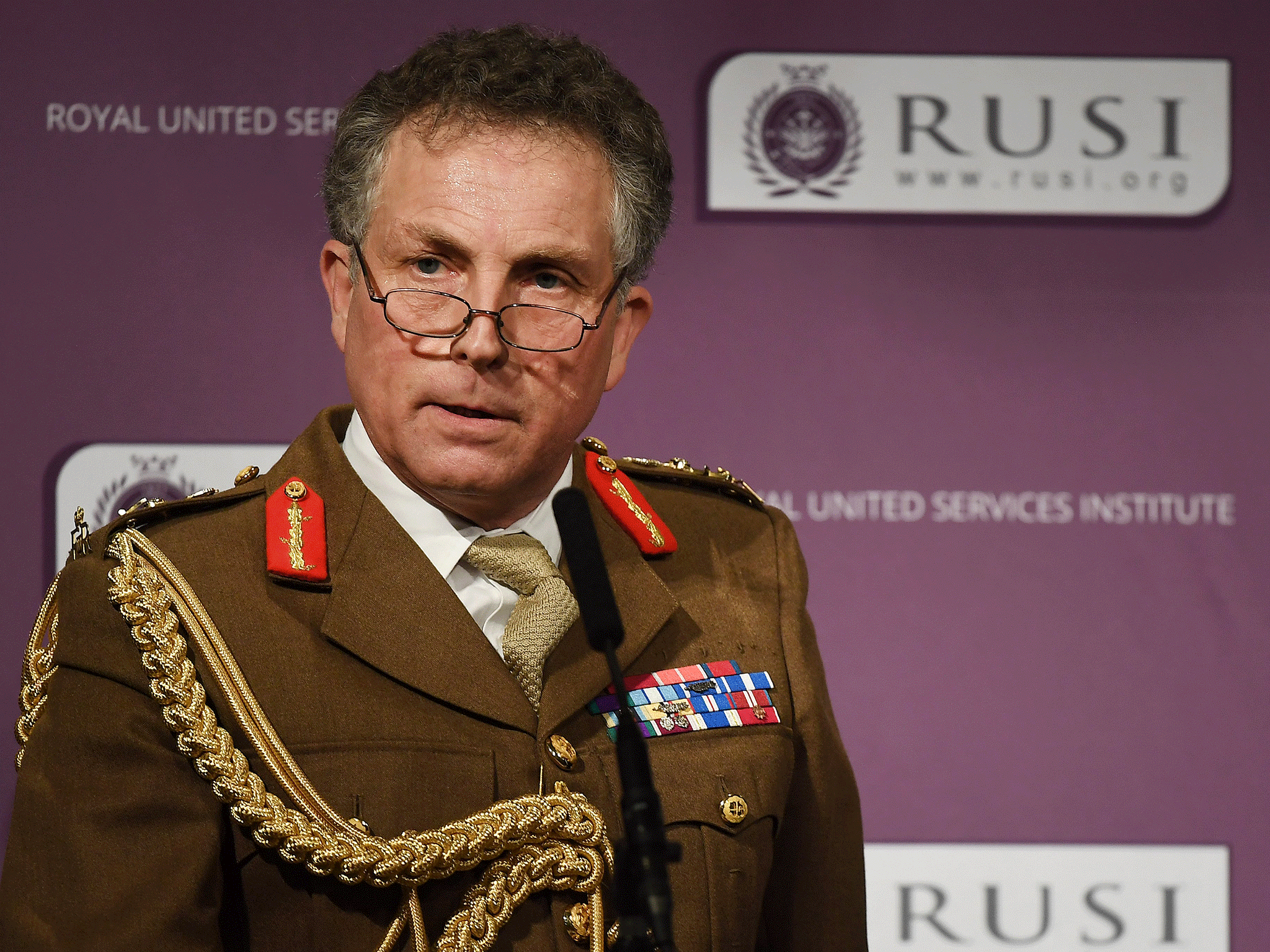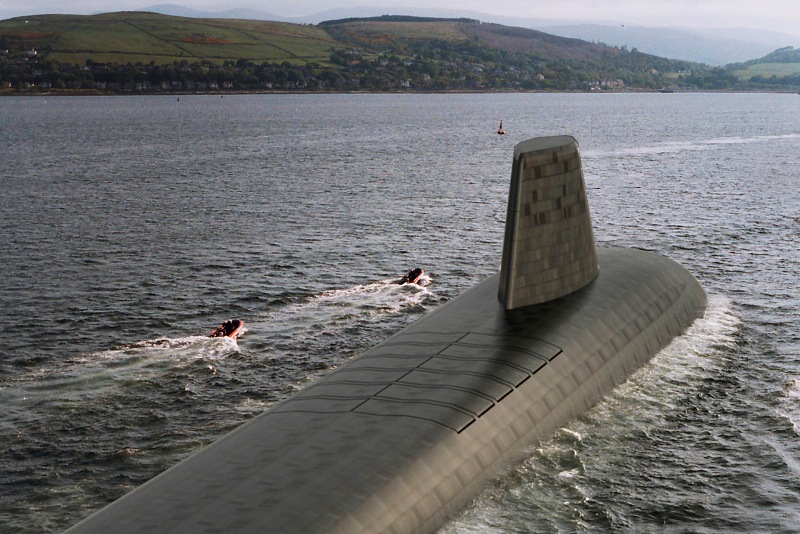On 4th December 2019, the UK will host the NATO Leaders Meeting in London. The short, two-hour event is not a full summit and the tone of the resultant communique is expected to be positive, commemorating the organisation’s creation in 1949 and focusing on NATO’s successes over the past seventy years. However, as Peter Roberts, Director of Military Science at RUSI, suggested recently, the actual output from the event is likely to be a papering over the cracks, rather than a more useful assessment of the state of an Alliance that is currently losing the competition with the successor to the rival it was designed to counter.
Following a preparatory meeting of NATO foreign ministers in Brussels on 20th November 2019, Jens Stoltenberg, NATO Secretary General, said “We all agree that NATO remains indispensable for our security and that, despite our differences, we are stronger as we face the future together.” This may be true but the differences that he was referring to are significant.
President Trump’s approach to NATO
As @onUKDefence has explored in a separate post, one of the biggest worry facing NATO is US President Donald Trump’s lack of support for the alliance. During his 2016 presidential campaign, he called it “obsolete” and during the Brussels Summit in 2018, news reports suggested that he indirectly threatened to leave NATO as a result of burden-sharing disagreements. Here, he has repeatedly castigated alliance members who, in his opinion, are not spending enough on their militaries.
On this issue, he has a point. According to NATO’s own figures, in March of this year the defence expenditure of only seven of the twenty-nine member states was at or exceeding two per cent of GDP (US, Greece, UK, Estonia, Poland, Latvia and Lithuania). At the other end of the scale, Spain, Belgium and Luxembourg were all currently spending less than one per cent. In response, NATO is expected to produce new figures at the Leaders Meeting showing that more member states are increasing defence spending and are on course to achieve the two per cent goal by 2024. Whether this is enough to appease the US President remains to be seen.
President Erdoğan’s Russian Leanings
The next big concern is the decision by President Recep Tayyip Erdoğan of Turkey to buy the Russian-made S400 air defence system, against the wishes of NATO, which resulted in in the US decision to suspend Turkey’s partnership on the American-led multinational Joint Strike Fighter programme that builds the F-35 Lighting II. In addition, last month President Erdoğan ordered Turkish forces into north-eastern Syria in an operation to dislodge elements of the Syrian Democratic Forces, which Turkey views as a terrorist organisation due to its affiliation with the Kurdistan Workers Party, and create a thirty kilometre deep ‘safe zone’ to resettle some of the approximately three and a half million Syrian refugees currently in Turkey.
In response, the US imposed sanctions on Turkish senior government officials and eight of Turkey’s NATO allies imposed an arms embargo. These actions and reactions are likely to do little to ease tensions amongst the leaders of NATO’s member nations.
President Macron’s questioning of NATO’s credibility
Another major anxiety that NATO is facing is the fallout from French President Emmanuel Macron’s recent interview with The Economist, in which he expressed that “we are currently experiencing the brain death of NATO”, and questioned whether the central idea that underpins the alliance’s credibility – that an attack on one NATO nation is an attack on all – would be upheld by member states today. He also pointed to a growing diversity of US and European interests and argued for a reassessment of the reality of what NATO is in the light of the commitment of the US.
Unsurprisingly, Macron’s comments have generated much academic debate with, for example, Jonathan Eyal, a RUSI Associate Director, suggesting that his views are deeply counter productive and also hurt France’s own objectives. On the other hand, former French Defence Attaché to the UK, Patrick Chevallereau, defended Macron’s stance advocating that his words “harm nothing but the certainties and the comfort of strategic thinking that is disconnected from the realities of the modern world.”
Summary
Notwithstanding the clear distractions that all of the issues above will introduce to the NATO Leaders Meeting in London, its members still have a lot to talk about. Major topics of discussion are expected to include defending and deterring against hybrid warfare, how the alliance invests in artificial intelligence, and military mobility. It is also expected that space will be formally acknowledged as a fifth domain of warfare. Notwithstanding this, there is a real fear that of the event falling into a similar level of disarray seen at last year’s Brussels summit, after which, as one NATO official said “people were traumatised … nobody wants to repeat that experience.” Unfortunately, given the propensity of some NATO leaders for disruption, that may be exactly what happens.






